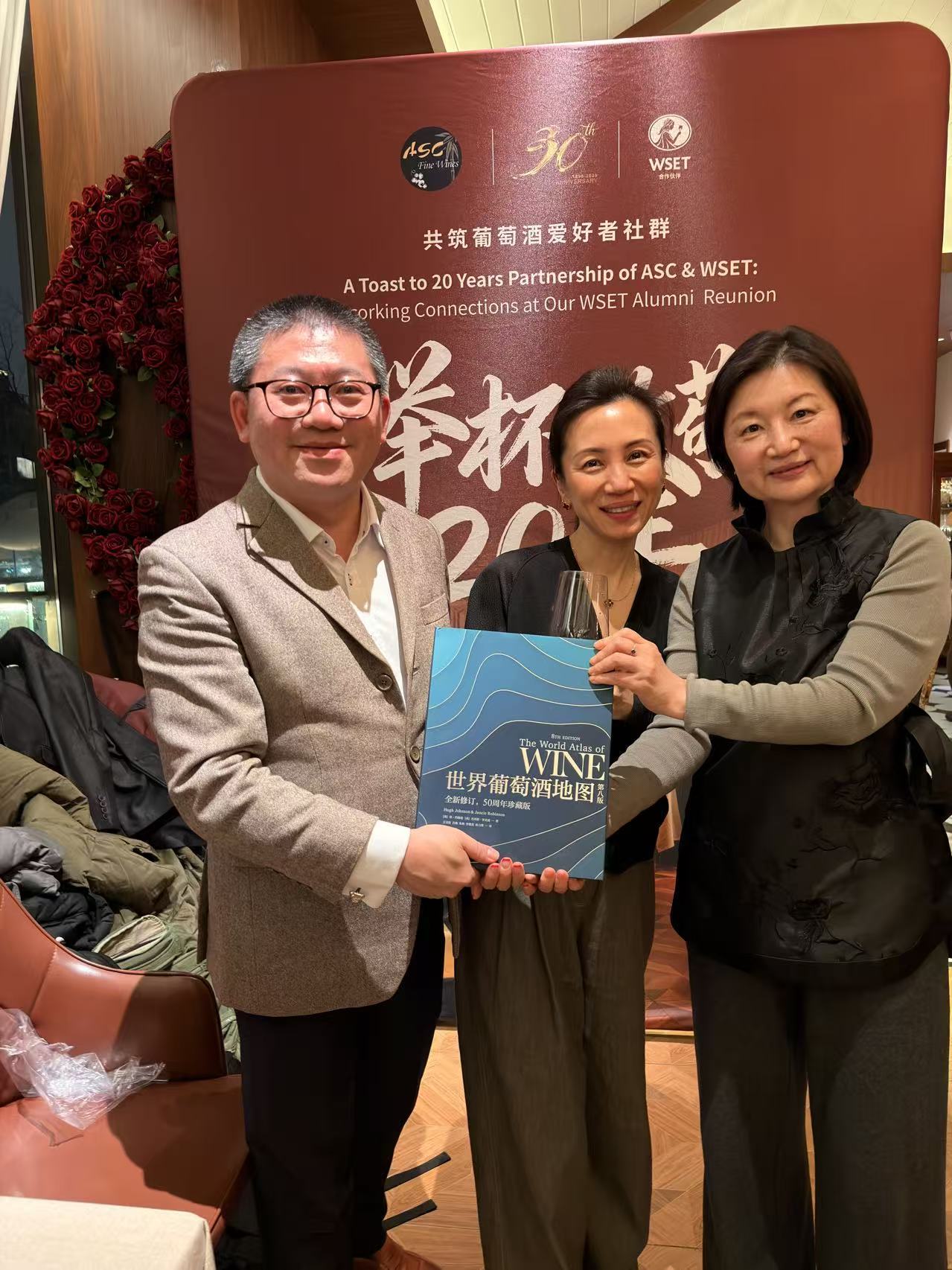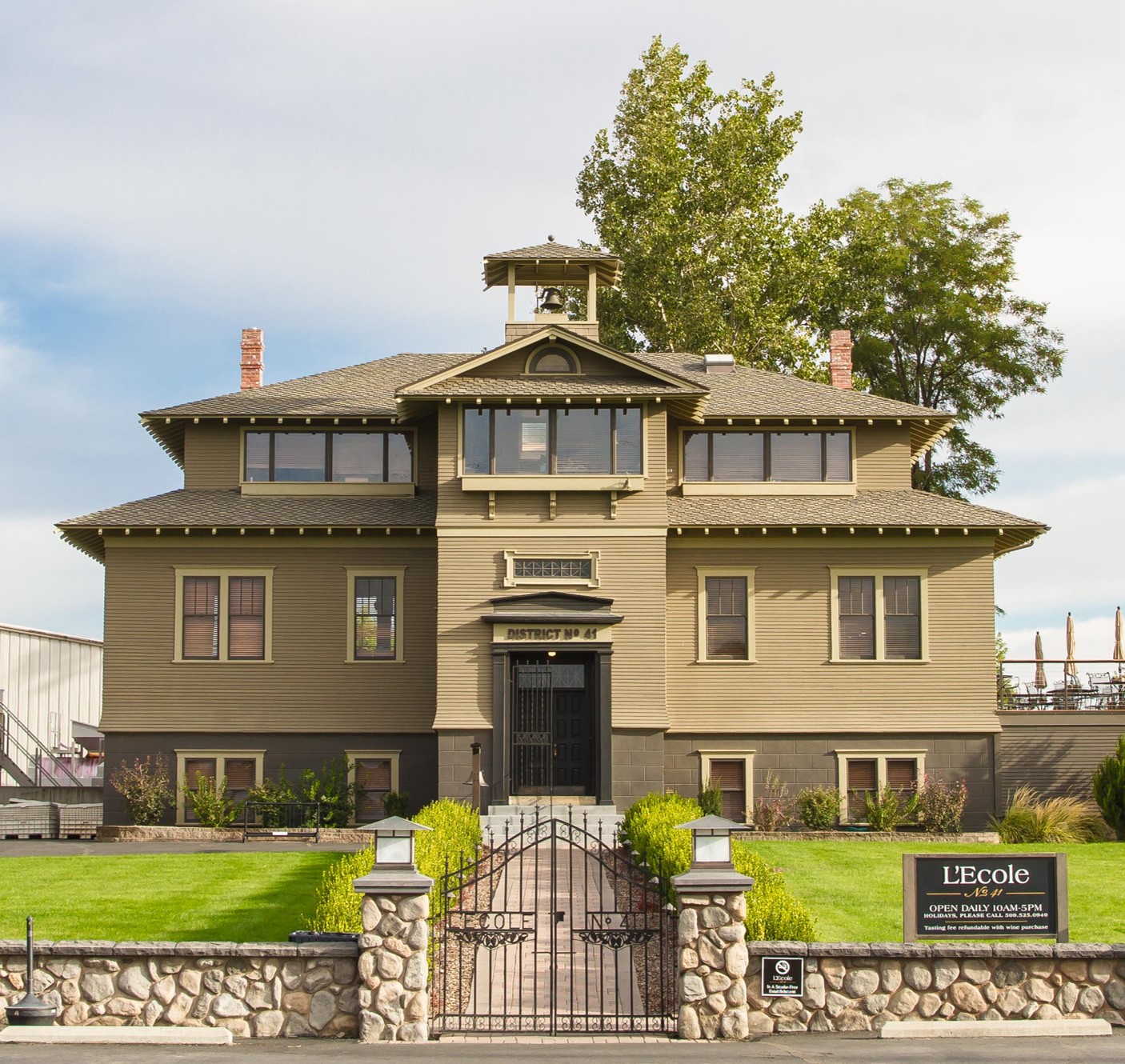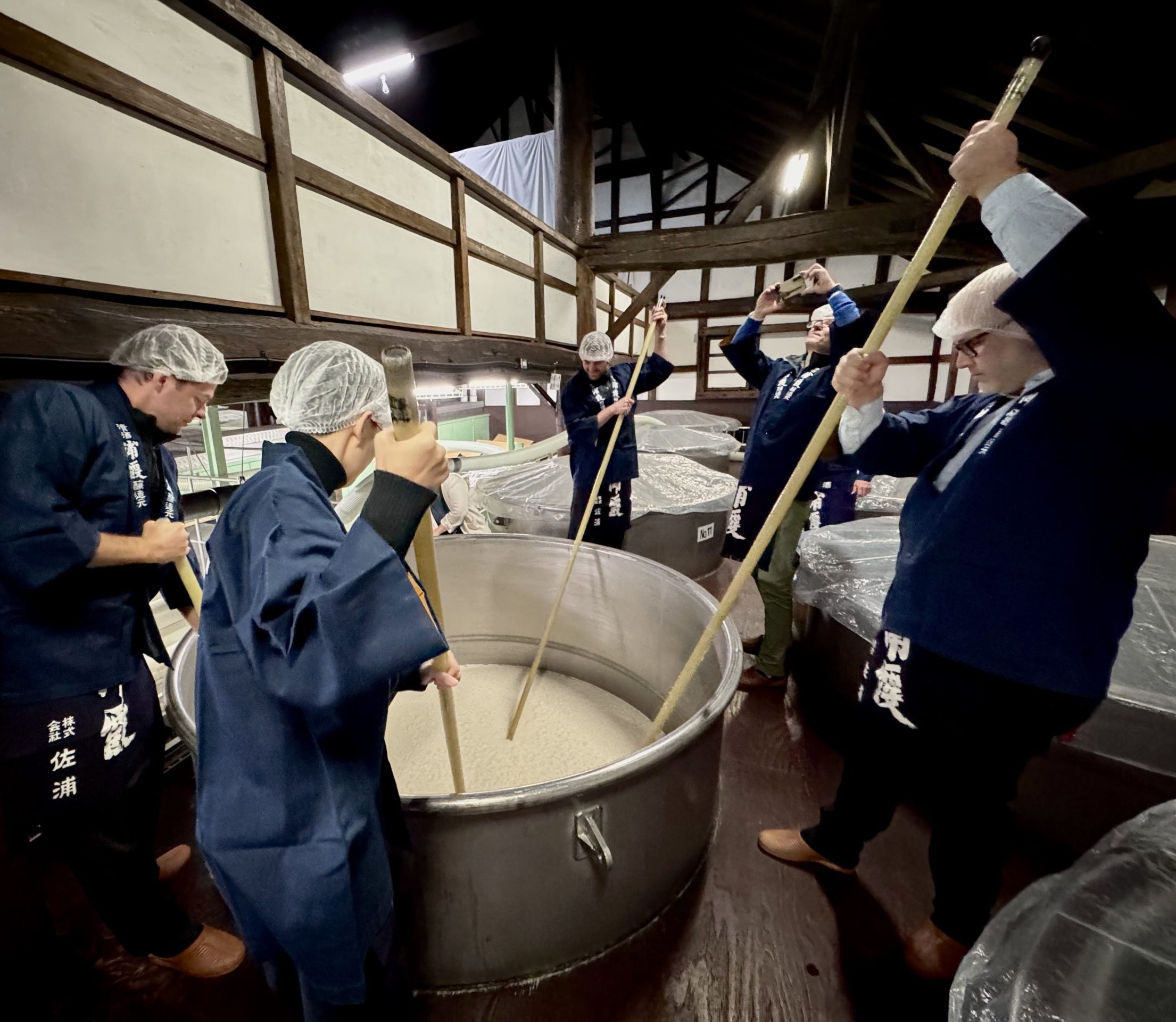Message to India
As the EU prepares to publish a report on its investigation into India’s tax treatment of imported spirits, Fionnuala Synnott looks at the challenges facing the industry in this emerging market
With a population of over one billion and one of the fastest growing economies in the world, India is a market with huge potential. This booming country represents a great opportunity for the European spirits industry, which estimates that India could buy up to 100 million cases of spirits per year. But, until now, importers of bottled spirits have not been able to make the most of this burgeoning market.
Although India is a very important emerging market for the Scotch whisky industry, the category has less than 1% of total market share. According to David Williamson, public affairs manager for government and consumer affairs at The Scotch Whisky Association (SWA), market access is limited by the federal duty burden imposed by the Indian government. Before state levies such as duties and excise are paid, producers of imported spirits may be taxed between 225% and 550% – this effectively prices imported spirits out of the market.
Currently, bottled imported spirits are subject to two forms of taxation: a basic customs duty of 150% and an additional customs duty, ranging from 25% to 150% according to the value of the product. Under World Trade Organisation (WTO) rules, the Indian government is entitled to levy a basic customs duty but at 150% it is high when compared with the duty charged by other emerging market countries such as Brazil (20%), China (10%) and South Africa (3%).
The SWA claims that the second aspect of the fiscal structure, the additional customs duty, contravenes India’s WTO commitments, which state that tax policy should not be used to protect domestic production by discriminating against imported products. According to the Scotch industry, this has created a situation of double taxation. Williamson says, “In some Indian states, imported spirits are required to pay both the additional customs duty and the state excise duty, regardless of the fact that the additional customs duty is supposed to be applied in place of state-level excise duty.â€
The SWA claims that the current fiscal regime limits consumer choice and fuels the illicit grey market and has raised its concerns with the Indian government over a number of years. Williamson comments, “In the run-up to the February budget, we called for the basic customs duty to be reduced to a more reasonable level, from 150% to 75%. At the same time, we urged the introduction of a level internal tax playing field for imported and domestic spirits through the elimination of the WTO non-compliant additional customs duty and introduction of a levy identical to the state excise duty on domestic spirits.â€
According to the SWA, these measures would have resulted in more affordable retail prices (and therefore more choice for Indian consumers) as well as boosting government revenue by encouraging consumers to buy spirits through legitimate retail channels. “We believe that our proposal will facilitate a win-win situation for all parties. The only loser would be the grey market,†says Williamson.
The EU is currently investigating India’s tax treatment of imported spirits and wine and is looking into alleged WTO incompatability of this additional customs duty structure, following a formal complaint lodged by the Comité Européen des Entreprises Vins (CEEV) and the Confédération Européenne des Producteurs de Spiritueux (CEPS) last July.
In September 2005, the European Commission launched a formal investigation into the matter under the EU Trade Barrier Regulation procedure. This has formed the basis of a framework for a formal dialogue between the EU and the Indian government. Talks have included members of the European industry, the Indian domestic trade and the Indian government.
An EU delegation visited India in January 2006, following which the director general for trade drafted a report that is currently being circulated among different departments within the Commission. Once the report has been approved, it will be sent to the different member states and will then be submitted to the Indian government for comment.
Partner Content
“We hope that India will take the opportunity to reach an early agreement on measures that will result in fair market access in line with WTO rules. If, however, such an agreement is not possible, the industry will need to consider its options and may be obliged to consider pressing the EU to take the matter to WTO dispute settlement procedure, which has ruled in our favour in the past in the case of Japan, South Korea and Chile,†says Williamson.
The Indian Minister of Economics was not available for comment.
© db July 2006
INSIDER OPINION
Rahul Bal, sales and marketing manager, Brindco
“For the past five years, the Indian Government has been playing with spirit duties in order to avoid any punitive measures from the WTO. Previously, the duties were 182%. Now, the government has introduced a basic customs duty of 150% on CIF (product) value, but has increased the ad valorem duties to 25% of the total CIF value and the basic duties. These duties take the total customs duty payable on Scotch to over 226.3%. “This fiscal structure is further complicated by the fact that all 27 Indian states have their own state excise duty structure, which is also very biased. For example, in Delhi, if you want to sell any spirit, you have to pay £127 per year in order to be able to register the label with the department. Then every bottle sale has a ‘vend fee’ of nearly £4 per 75cl and 20% VAT.
“The current federal tariff burden can be explained by the political pressure being exerted on the government by the large domestic spirit companies, such as McDowell’s, which has a 62.5% stake in the domestic industry, and Radico Khaitan, which has a 15% stake.
“Even the chairman of UB Group, Vijay Mallya, is a member of Parliament and has friends across the party line. Other major groups also have tremendous influence in Government circles. Whenever the possibility of reducing these duties is raised, there is lot of hue and cry from this quarter on the pretext of saving the domestic industry.â€
© db July 2006




